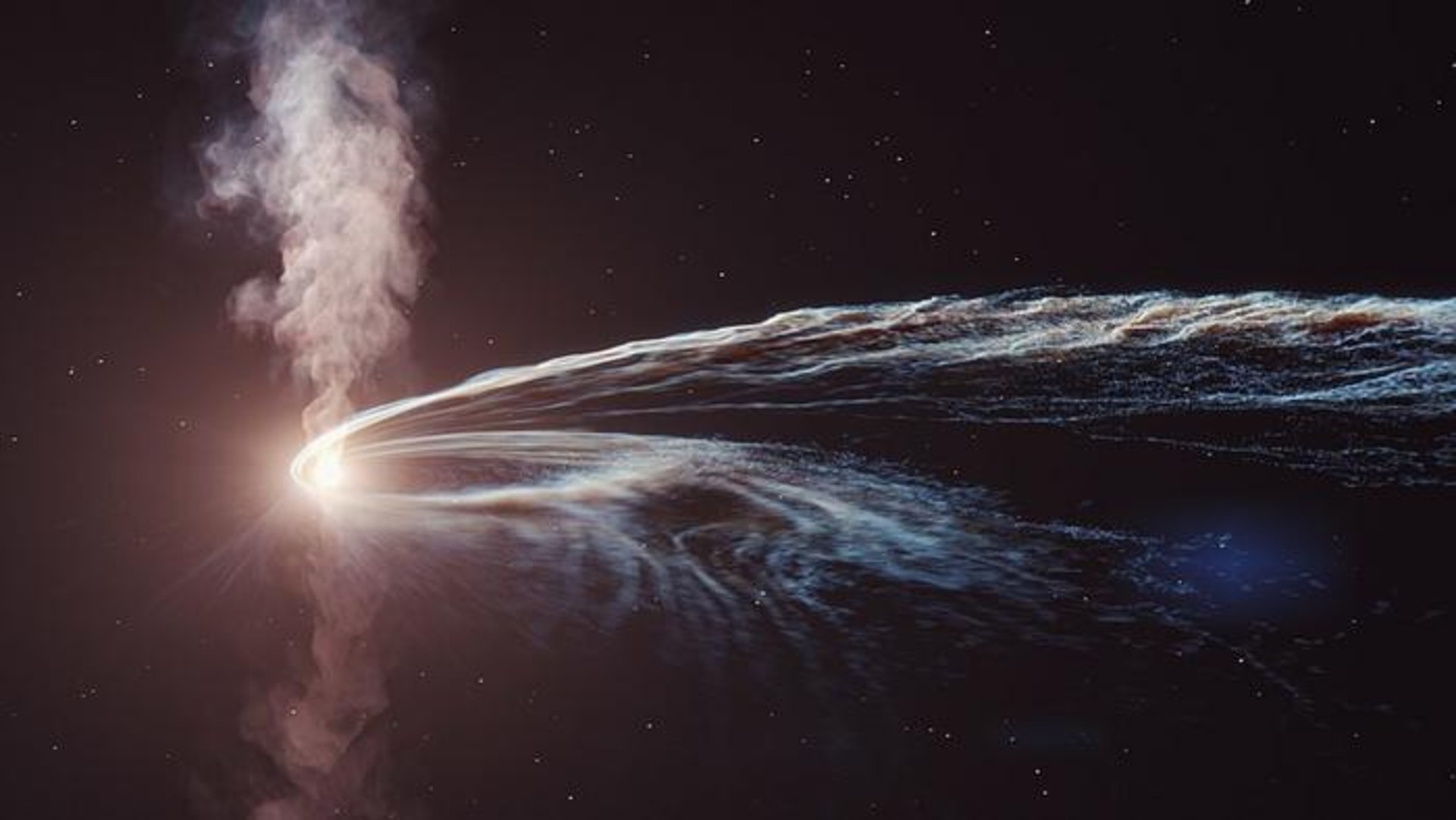Experts Grapple With Exploration Agenda
Breaking space news, the latest updates on rocket launches, skywatching events and more!
You are now subscribed
Your newsletter sign-up was successful
Want to add more newsletters?

Delivered daily
Daily Newsletter
Breaking space news, the latest updates on rocket launches, skywatching events and more!

Once a month
Watch This Space
Sign up to our monthly entertainment newsletter to keep up with all our coverage of the latest sci-fi and space movies, tv shows, games and books.

Once a week
Night Sky This Week
Discover this week's must-see night sky events, moon phases, and stunning astrophotos. Sign up for our skywatching newsletter and explore the universe with us!

Twice a month
Strange New Words
Space.com's Sci-Fi Reader's Club. Read a sci-fi short story every month and join a virtual community of fellow science fiction fans!
COLORADO SPRINGS, Colorado -- How to keep the nation's Moon, Mars and beyond programs on track and scientifically rewarding was discussed here Wednesday during the session, "The Vision for Space Exploration - Getting There from Here".
Science to inform exploration was the message from NASA's James Garvin, Chief Scientist for the space agency. "Science is alive and well at NASA," he said.
Along with an extensive Mars exploration agenda, as well as an emerging return to the Moon program, NASA is also studying the Earth to look for earth-like worlds outside our solar system, Garvin explained.
"Science is all about connections" Garvin added, pointing to scientific investigations of collisions from asteroids and comets that have rocked Earth and other celestial bodies.
"Collisions are something that bind us together," Garvin said.
The panel moderated by Dr. Neil deGrasse Tyson, director of New York's Rose Center for Earth and Space, attracted more than 300 attendees.
Maureen Heath, Vice President, Civil Space for Northrop Grumman Space Technology said "enormous breakthroughs" are ahead. She painted a picture of space exploration out to 2035.
Breaking space news, the latest updates on rocket launches, skywatching events and more!
Spotting other earth-like worlds circling distant stars, nuclear-powered spacecraft hauling new classes of scientific sensors, spaceborne telescopes diving ever deeper into time, and Mars return samples - these and other adventures are on the horizon, Heath predicted.
Finding life on Mars, Heath said, may spur a new type of environmental movement to protect life on the red planet, as well as on Earth.
Heath said, however, that the technology needed to drive space exploration is not what keeps her awake with worry at night. Maintaining the political will to explore does, and it's an issue we need to focus on, she suggested.
NASA is woefully under-funded to fully carry out the visionary quest of Moon, Mars and beyond exploration, Heath stated.
Given the prospect of bold space exploration goals, Heath underscored the critical shortage of system engineers that her company and others now face.
John Karas, Vice President, Space Exploration for Lockheed Martin Space Systems Company said that "spirals of discovery" will change how space exploration proceeds in the future.
"Exploration and science are inextricably tied together" Karas told the audience.
Karas said that competition and cooperation is what it's all about in setting out on the nation's space exploration trajectory.
The role of international cooperation is flourishing, thanks to company to company arrangements, Karas said. He called for an expansion of such dealings, but did note that, unfortunately, such collaboration will still be hindered by country-to-country politics.
"We're still stuck in the paradigm of defending borders," Karas said.
Carol Lane, Vice President, Washington Operations for Ball Aerospace & Technologies Corporation said that the longer-term view of space exploration, one that is affordable, will call for a balance between robotic and human attributes. A multi-generational workforce to sustain the vision of exploration is required.
Looking into a crystal ball is a tough assignment, Lane advised.
But it's clear, Lane added, that decisions made today will impact the sustainability of space exploration.
Rear Admiral Craig Steidle, USN, NASA Associate Administrator for Exploration Systems, characterized 2004 as "a very good year." He noted Cassini at Saturn, the X Prize, and continued Mars rover operations.
And that good year, Steidle continued, was made all the more so by obtaining White House backing and Congressional support for moving out on the nation's space exploration mandate.
Steidle said that NASA is trying new ways of doing business. Specifically, bringing in non-traditional space firms is being enthusiastically embraced, he said.
Among other things to watch this year, Steidle said, is work proceeding on the Crew Exploration Vehicle program. He said that many nations are looking at NASA's exploration vision and course of action with envy.

Leonard David is an award-winning space journalist who has been reporting on space activities for more than 50 years. Currently writing as Space.com's Space Insider Columnist among his other projects, Leonard has authored numerous books on space exploration, Mars missions and more, with his latest being "Moon Rush: The New Space Race" published in 2019 by National Geographic. He also wrote "Mars: Our Future on the Red Planet" released in 2016 by National Geographic. Leonard has served as a correspondent for SpaceNews, Scientific American and Aerospace America for the AIAA. He has received many awards, including the first Ordway Award for Sustained Excellence in Spaceflight History in 2015 at the AAS Wernher von Braun Memorial Symposium. You can find out Leonard's latest project at his website and on Twitter.
